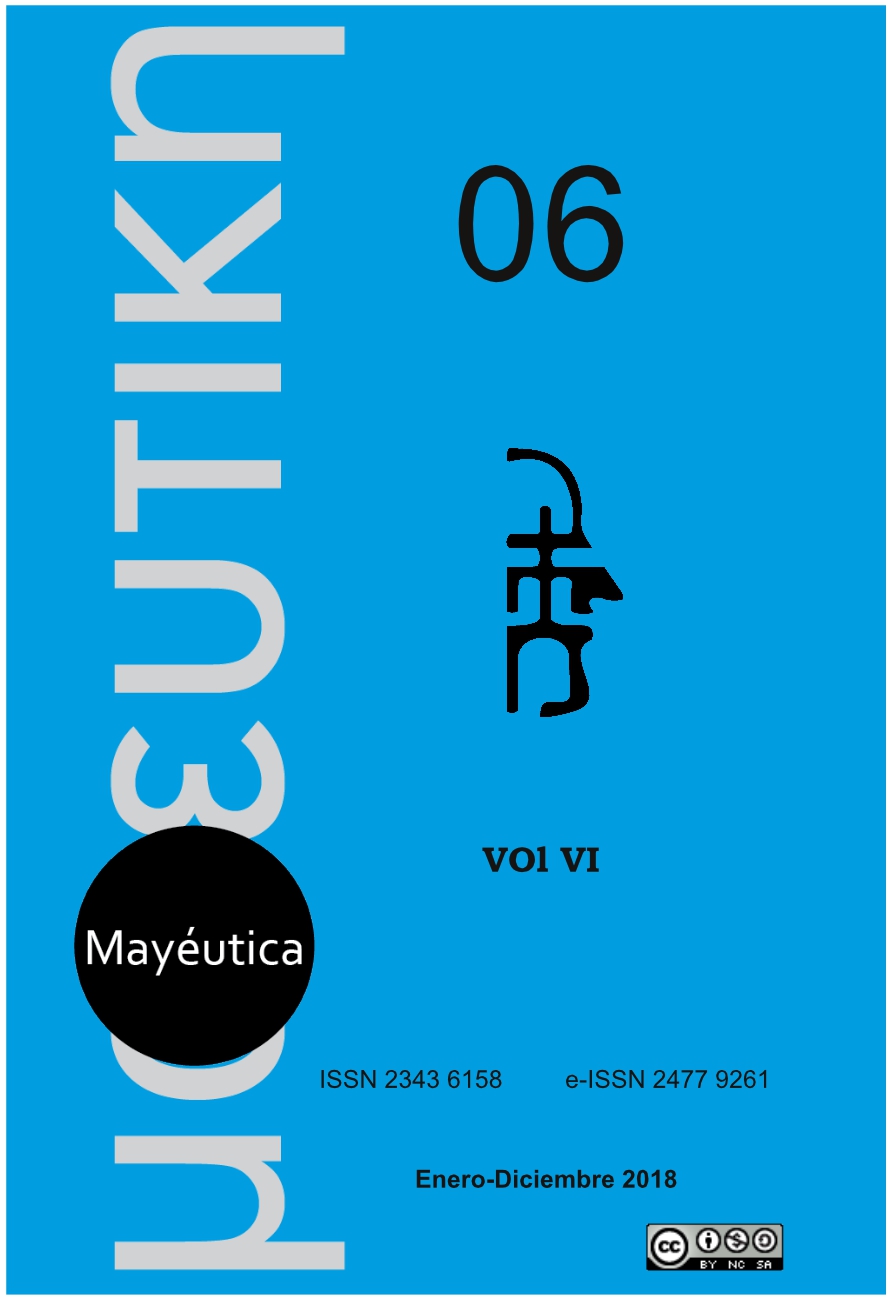State, communication and radio in Venezuela (1960-1983)
Keywords:
State, public policies, communication, radio, VenezuelaAbstract
The relationship that the Venezuelan State has forged with the mass media must be understood on the basis of an understanding of the information system that has been established in Latin American countries since the second half of the twentieth century, taking the United States as a point of reference in this area, the country that led the technological advances and political and military transformations in the region after the Second World War. Radio was, in the context of its genesis, one of the means that was easily installed in modern societies due to its particular characteristics: versatility, scope and immediacy; its emergence is located in the consolidation of a new phase of modernity based precisely on these advances and the fact that industrial capitalism achieves a fertile field in these forms of communication to expand, in accordance with the development parameters that were applied through the public policies of the States. In this essay, based on a critical analysis of documentary and bibliographic sources, we present an approximation of this relationship between the State and the Media in Venezuela within the framework of international scenarios where the new role that governments should play in the context of a New World Order was discussed. UNESCO in the 1970s declared that the media are instruments for democratic participation; hence we address the efforts made in Venezuela in this regard and we approach the case of the state of Lara.
Downloads
References
BRITO FIGUEROA, Federico. 2000. Historia Disidente y Militante. Bogotá. Editores Colombia.
CAÑIZALES, Francisco. 2016. "Me gusta la radio que sea ventana de las luchas populares". (Entrevista personal, febrero 11, 2016).
CASTELLS, Manuel. 1999. El Poder de la Identidad. Segunda edición. Madrid. Alianza Editorial.
CHUECOS, Joaquin. 2015. "La moda y el amor me llegaron con Radio Juventud". (Entrevista personal, noviembre 4, 2015)
Conferencia Mundial de Radiodifusión: ¿Hacia una democracia informativa?. 1979. Revista Comunicación. Sección Informaciones. No. 23- 24. Caracas, Centro Gumilla.
DE ARMAS CHITTY, José Antonio. 1975. Historia de la Radiodifusión en Venezuela. Caracas. Edición de la Cámara Venezolana de la Industria de la Radiodifusión.
HERNANDEZ GAONA, Areli. ZAMBRANO CEDAS, Noemi. “Marshall Macluha”. [En línea] Dirección URL: http://www.slideshare.net/arely83hg/marshall-mc-luhan-exposicion. [Consultado el 9 de marzo de 2017].
LEY DE TELECOMUNICACIONES. 1940. Gaceta Oficial No.20.248 de 1-8-40. Caracas.
MACLUHAN, Marshall. 1993. La Aldea Global. Gedisa Editorial.
MAYOBRE, José A. 1988. La labor de Sísifo. Caracas. Monte Ávila Editores.
MUJICA, Héctor. 1982. El complejo militar- industrial-cultural y las nuevas formas de dominación imperialista. Revista Comunicación. No. 39/33-34. Caracas. Centro Gumilla.
OLIVERO, María A. 2007. La radio y sus protagonistas. Caracas. Editorial El perro y la rana.
PROYECTO RATELVE. 1977. Caracas. Editores Librería Suma.
TREMBLAY, Gaétan. “La noción de servicio público”. [En línea] Dirección URL: http://quadernsdigitals.net/datos_web/articles/telos/telos14/t14nocion.htm [Consulta: 18 de febrero de 2017].
PEREIRA, Magaly. 2016. "Viví la época de la dulce rebeldía”. (Entrevista personal, febrero 10, 2016).
ZAMBRANO, Francisco. 2015. "Con Radio Juventud se impuso un estilo juvenil". ( Entrevista personal, noviembre 6, 2015)
Published
How to Cite
Issue
Section





